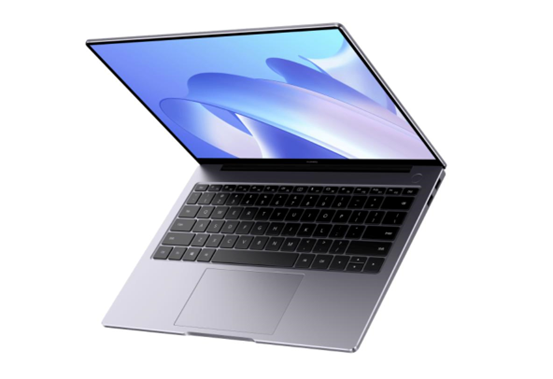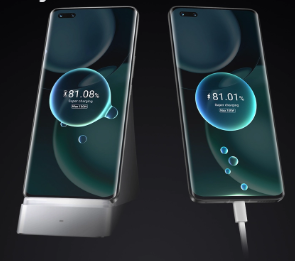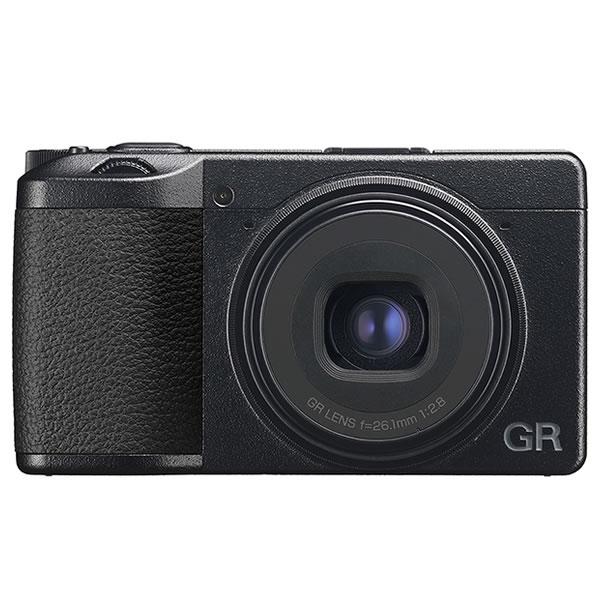Tips on Solar Energy Control Unit Selection and Optimization
When looking for efficient and environmentally friendly energy alternatives, solar power has become a serious contender. The solar energy control unit is a crucial part of a solar power system since it acts as the brain. Its principal role is to control the energy flow and maintain maximum efficiency in the system. To maximize the utilization of solar energy, it is crucial to select the control unit appropriately. The following are some things to think about carefully while choosing a solar energy controller.
Understand Your System’s Requirements
1. System Capacity and Size
Find out how big your solar system is and how much power it can produce by following the steps for system size and capacity. Verify that the control unit's specs align with your system's voltage, current, and power capacity needs.
2. Type of Solar Panels
Monocrystalline, polycrystalline, and thin-film solar panels are just a few examples of the many varieties of solar panels that have their unique control units. Before you buy solar panels, check that the control unit and technology are compatible.
3. Battery Compatibility
Make sure the control unit is compatible with the type and capacity of the batteries if you're using energy storage batteries in your system. This will help with energy management.
Consider Features and Functionalities
1. MPPT Technology
Solar panels can be made more efficient by using a technique called Maximum Power Point Tracking (MPPT), which maximizes the power output of the panels. A control unit with MPPT might be a good option for improved energy harvesting.
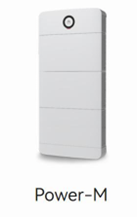
2. Monitoring and Remote Access
When shopping for control units, prioritize ones that have both remote access and monitoring capabilities. By keeping tabs on data in real-time, you can monitor energy output and system operation, leading to better management.
3. Safety Features
Overcharge protection, short circuit protection, and temperature management should be your top priorities when it comes to safeguarding your system and increasing its lifespan.
Reliability and Quality
1. Reviews and Brand Reputation
Consider the brand's reputation and customer reviews before making your purchase. Look for control units from well-known manufacturers that have a history of reliability and positive reviews. Superior warranties and after-sale assistance are hallmarks of reputable brands.
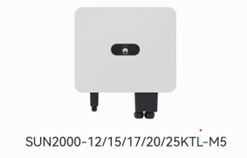
A great type of control unit with good reviews that you can purchase today is the FusionSolar Smart Array Control Unit.
2. Standard Compliance and Certifications
Make sure the control unit is safe, efficient, and compatible with other parts of the system by checking that it meets all industry standards and certifications.
3. Durability
To make sure they can withstand a variety of weather conditions and last a long time while being dependable, choose control units that are built with strong materials and weather-resistant features.
Budget and Cost Considerations
· Value for Money
Value and quality should take precedence over price when calculating a product's worth. Spending a little more now on a quality control gadget may pay off in the end with better performance and efficiency.
· Long-Term Cost Savings
A better control unit may provide potential long-term cost savings on energy bills and maintenance expenses by optimizing system management and energy output. These possible savings must be carefully considered.
Help from Experts and Consulting Services
· Consult Experts
Solar energy experts or system integrators can provide you with the guidance you need to choose the control unit that is ideal for your specific needs and system layout.
· Installing and Setting Up
If you want your solar energy system and control unit to last as long as possible and work as efficiently as possible, you need to have them set up by trained experts.
Conclusion
By carefully considering the suggestions, conducting an in-depth analysis of your system's requirements, features, quality aspects, and budget, and consulting an expert, you can make an informed decision when selecting a solar energy control unit. Choosing the right control unit is crucial to the efficiency and reliability of your solar power system, which in turn helps to maximize the quantity of energy produced. A greener and more economical energy solution for your home or company is the final consequence of this.

